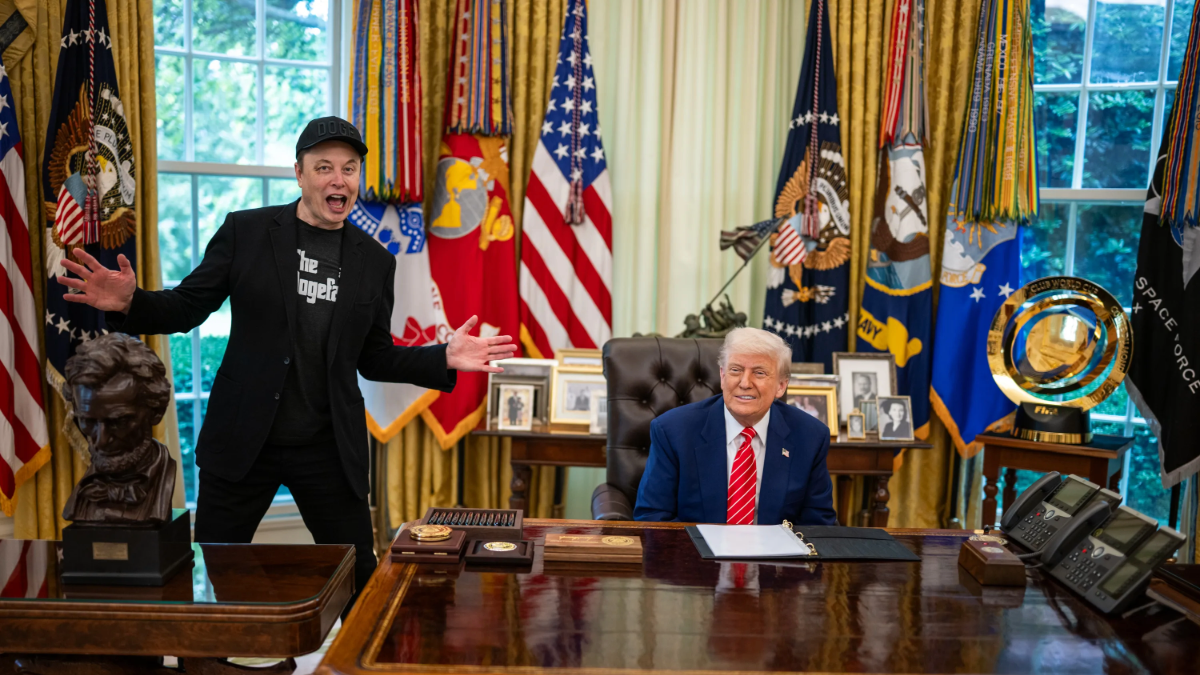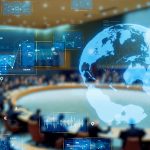Introduction
The world is shifting into a new era where digital innovation, geopolitical tensions, and celebrity visibility converge to redefine influence. Nations compete for technological dominance, entertainment figures evolve into global commentators, and political systems struggle to keep pace with constant digital transformation. These overlapping forces now shape everything from economic stability to cultural narratives and public opinion.
This transformation does not unfold in isolation but emerges from the interconnected nature of the digital age. As audiences expect more transparency, governments face greater scrutiny, and celebrities command unprecedented reach, a new landscape of power emerges. Understanding this blended environment is essential for navigating the complexities of modern global life.
Tech Competitiveness and the Future of Global Power
Technology has become the primary currency of global influence as artificial intelligence, quantum systems, and digital security determine which nations lead international development. The race to secure advanced computing infrastructure has intensified diplomatic relations, with countries forming new alliances to protect technological independence.
This rapid evolution places pressure on governments to adopt stable innovation policies. Nations that fail to adapt risk falling behind economically as industries rely heavily on digital integration. The competition is no longer limited to traditional power; it now includes digital capabilities that can redefine strategic leadership.
Celebrities Driving Ethical Conversations Across Borders
Celebrities increasingly influence global awareness as they use their platforms to discuss climate risks, human rights, and technological responsibility. Their ability to convert personal stories into universal narratives strengthens public engagement and shapes global viewpoints more quickly than institutional communication channels.
Their participation in major conversations inspires large audiences, yet it also demands greater accountability. As celebrity opinions impact policymaking discussions, the distinction between entertainment and governance grows thinner, pushing public figures into roles that require deeper understanding and responsible advocacy.
Political Systems Adjusting to Digital Transparency
Governments are transforming rapidly as digital transparency reshapes the expectations of citizens. Public demand for instant communication, open data, and digital accountability has intensified political pressure, compelling leaders to adopt more responsive strategies to maintain public trust.
These shifts have introduced new challenges as political institutions must regulate emerging technologies without limiting innovation. Data ethics, cybersecurity, and algorithmic decision-making require balanced approaches that protect civil rights while supporting global economic competitiveness.
AI’s Expanding Influence on Social Behavior
Artificial intelligence now acts as a silent architect of human behavior, shaping decision-making through personalized content, predictive tools, and automated recommendations. AI systems influence consumer habits, political engagement, and public conversations by determining which narratives rise to visibility.
This invisible power raises ethical concerns as societies increasingly rely on machine-driven insights. As AI technologies become more integrated into communication, journalism, and public services, ensuring transparency and safety becomes essential to preserving global stability.
The New Geopolitical Map of Digital Alliances
Digital transformation has redefined alliances as countries collaborate not only on trade and defense but on cloud networks, cybersecurity shields, and artificial intelligence cooperation agreements. These tech-focused partnerships create new diplomatic pathways that influence global policies and shift long-standing geopolitical relationships.
However, this interconnected digital world also increases vulnerability. Nations must balance cooperation with competition as cyber threats, data breaches, and technological espionage become defining risks of the modern era.
Media Evolution and Public Perception in the Digital Age
Media has shifted from a structured, institution-driven environment to one shaped by algorithms and real-time engagement. Audiences now absorb global events through social feeds, short-form videos, and personalized news streams that expand access but also complicate the truth.
This shift challenges traditional journalism to maintain accuracy and integrity while adapting to new digital behaviors. As content becomes faster and more interactive, the responsibility to ensure credibility grows even more critical in shaping informed societies.
FAQs
How is technology reshaping modern global power?
Nations with advanced digital infrastructure gain economic, military, and diplomatic advantages that redefine their role in international leadership.
Why do celebrities hold so much influence today?
Their direct connection with global audiences allows them to shape discussions, mobilize social movements, and highlight critical issues.
How are political systems responding to digital transformation?
Governments are implementing new regulatory frameworks that address data protection, AI governance, and digital transparency.
What challenges arise from AI-driven influence?
Concerns include algorithmic bias, privacy risks, misinformation, and the potential for manipulation in political and social spaces.
How is media changing in the digital environment?
Information is now shaped by algorithms and user behavior, impacting how audiences interpret global events and form opinions.
Conclusion
Technology, celebrity voices, and political evolution now shape a global environment defined by rapid change and interdependence. These forces influence everything from international diplomacy to culture, creating a complex landscape where innovation plays a central role in shaping the future.
As societies adapt to these transformative shifts, balancing progress with responsibility becomes essential. The success of tomorrow’s global system will depend on how effectively nations, creators, and institutions work together to guide change with integrity and foresight.







